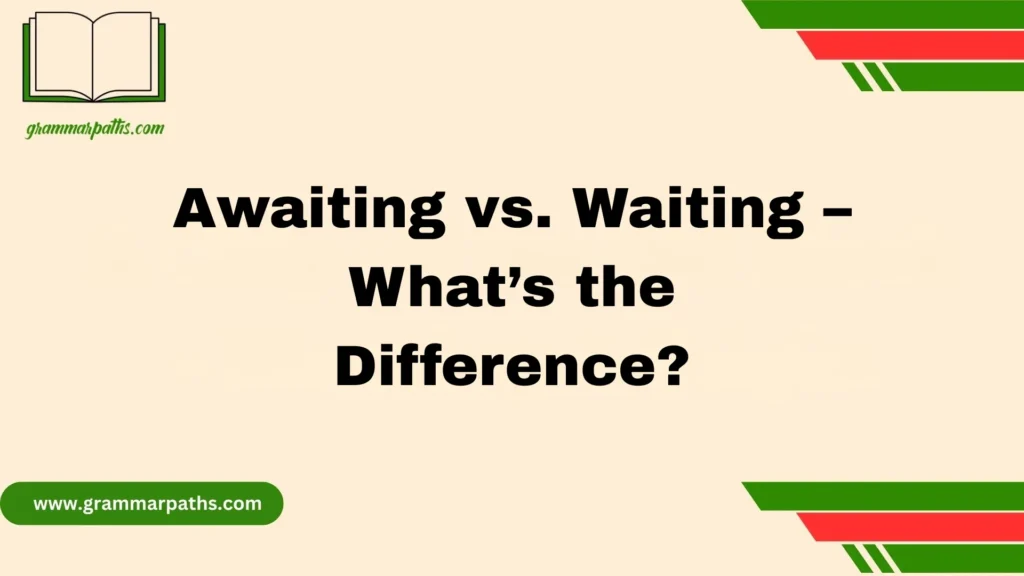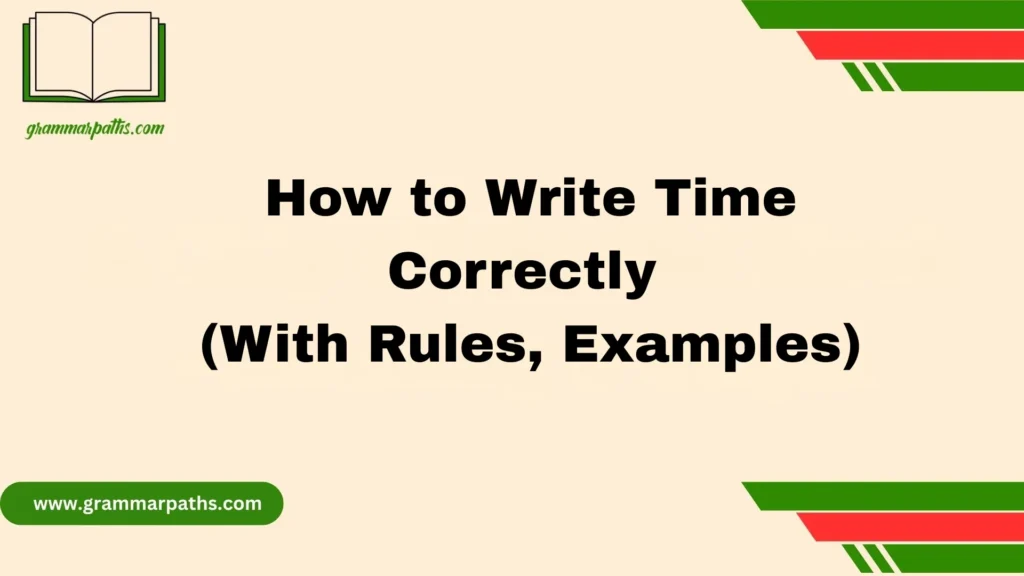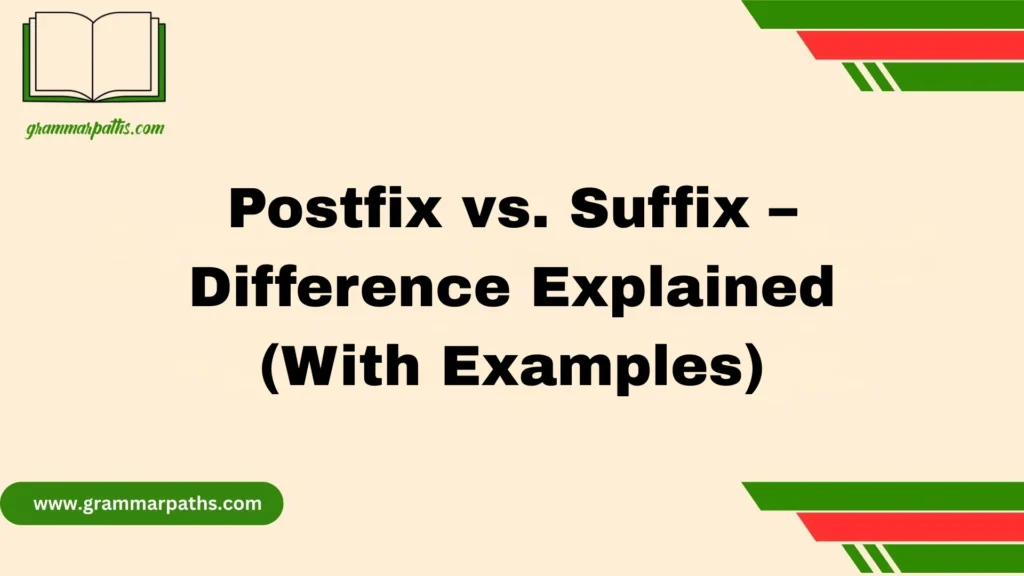When it comes to expressing time duration, many people often wonder whether to use “whole day” or “all day” in their sentences. Both phrases seem similar and are commonly used in everyday English, but they carry subtle differences in usage and meaning. Understanding the correct context for “whole day” vs. all day can help you communicate more clearly and naturally.
The phrase “whole day” typically refers to the entire duration of a day, emphasizing the completeness of the time period from start to finish. On the other hand, “all day” focuses more on the idea of something happening continuously or repeatedly throughout the day. Knowing these nuances allows you to choose the right phrase for your message.
In this article, we will explore the correct usage of “whole day” and “all day”, supported by practical examples and explanations. Whether you’re writing, speaking, or learning English, mastering this distinction can improve your fluency and accuracy. Read on to discover when to say “whole day”, when to say “all day”, and how to avoid common mistakes in everyday communication.
What Does “Whole Day” Mean?
The phrase “whole day” focuses on the entirety of a day considered as a single complete unit. When you say “the whole day,” you emphasize that something lasted from the beginning to the end of the day without interruption or exclusion.
For example:
- “She spent the whole day preparing for the exam.”
- “The whole day was bright and sunny.”
Notice the emphasis on the day as a whole entity — the focus is on completeness.
What Does “All Day” Mean?
On the other hand, “all day” highlights the duration or continuous span of time throughout the day. It often implies an ongoing or repeated action during the daytime hours.
For example:
- “He worked all day on the project.”
- “It rained all day yesterday.”
Here, the stress is on an activity or condition that persisted or recurred throughout the day’s length.
How “Whole Day” and “All Day” Overlap and Differ
While both phrases deal with the time span of a day, the subtle difference lies in how you view the day:
- Whole day = The day as a single, complete unit.
- All day = The day as a continuous time period during which something happens.
In many cases, native speakers might use them interchangeably without confusion, but precise usage can sharpen your English skills, especially in writing and formal speech.
Grammar and Usage Differences
Countable vs. Uncountable Concepts
- The term “whole day” treats the day as a countable noun — one full day considered as a unit.
- The phrase “all day” treats the day as an uncountable time span — focusing on duration without breaking it into parts.
Emphasizing Completeness vs. Duration
- Use whole day when you want to stress the completeness of the day, as a single chunk of time.
- Use all day when focusing on the ongoing nature of an action or event during that time.
When to Use “Whole Day” Correctly
The phrase “whole day” works best when you highlight the entire day as one block or period. It often appears in contexts where you describe something happening without leaving any part out.
Examples:
- “I rested the whole day after my surgery.”
- “The whole day passed without any interruptions.”
- “They stayed indoors the whole day because of the storm.”
Tone Consideration:
“Whole day” tends to sound slightly more formal or deliberate, making it common in written English and formal speech.
When to Use “All Day” Correctly
“All day” fits well when you emphasize continuous or repeated action or condition during the daytime hours.
Examples:
- “She was busy all day answering emails.”
- “The kids played outside all day.”
- “It snowed all day long.”
Tone Consideration:
“All day” feels more conversational and is widely used in everyday speech. It adds a sense of ongoing activity or persistence.
Regional Preferences and Nuances
British English vs. American English
While both phrases are understood globally, some regional nuances exist:
- British English speakers might lean toward “all day” in casual speech more than “whole day.”
- American English favors both, but “whole day” might appear more in formal writing or careful speech.
Idiomatic Expressions and Common Usage
- “All day long” is a popular idiomatic expression emphasizing a long, continuous duration.
- “The whole day through” is another phrase used interchangeably with “whole day,” often found in poetry or literary contexts.
Exceptions and Special Cases
Sometimes, both “whole day” and “all day” can be used interchangeably without much change in meaning, but the emphasis shifts slightly.
- “I waited the whole day” (focus on the complete period).
- “I waited all day” (focus on the continuous act of waiting).
Phrases where only one fits naturally
- “The whole day through” is natural; “all day through” sounds odd.
- “He worked all day long” is correct; “whole day long” is rarely used.
Quick Reference Table
| Phrase | Meaning | Example Sentence | Usage Tip |
| Whole Day | Entire day as a complete block | I spent the whole day hiking. | Emphasize completeness of day |
| All Day | Continuous action over the day | She talked on the phone all day. | Emphasize duration and persistence |
FAQs:
When to use whole or all?
Use “whole” when referring to something complete or entire as a single unit, like “the whole cake.” Use “all” when referring to every part or every individual element within a group, like “all the cakes.” Both can sometimes be used with time, but the context matters.
How do you use whole day in a sentence?
You can say, “I spent the whole day reading,” meaning you spent the entire day doing that activity without interruption or breaks.
What is the meaning of whole day?
“Whole day” means the entire duration of the day from start to finish, emphasizing completeness without gaps or partial time.
Is it correct to say the whole day?
Yes, “the whole day” is grammatically correct and commonly used to emphasize that something lasted for the entire day.
Is all day correct grammar?
Yes, “all day” is also grammatically correct and often used to express something happening throughout the day, like “It rained all day.”
Conclusion:
In conclusion, both “whole day” and “all day” are correct phrases, but their usage depends on the context. Use “whole day” when emphasizing the entire duration of a day as a complete unit, and choose “all day” when highlighting that something happens continuously or throughout the day. Understanding this subtle difference helps you communicate more clearly and naturally in both writing and conversation. By applying these guidelines and examples, you can avoid confusion and use these common expressions confidently. Mastering such nuances in English not only improves your fluency but also enhances your ability to express time-related ideas precisely and effectively.

Emma Brooke is a passionate language expert and contributor at GrammarPaths.com, where she helps learners navigate the complexities of English grammar, idioms, and effective writing. With a strong academic background and years of teaching experience, Emma excels at turning tricky grammar rules into simple, practical lessons that readers can easily grasp.










